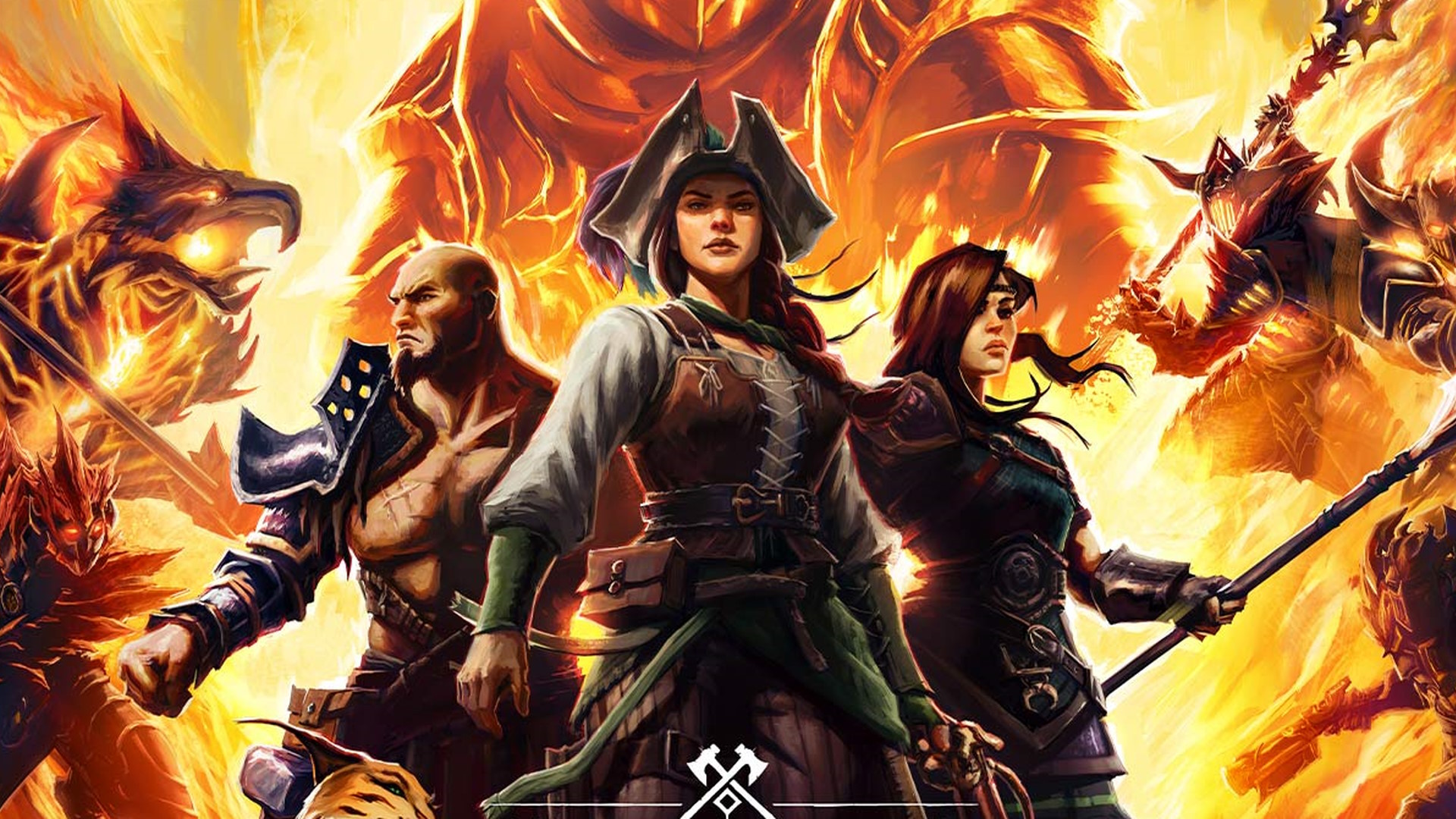
Amazon Games CEO Christoph Hartmann was interviewed by IGN this week, and he said several interesting things. He revealed that the upcoming Lord of the Rings MMO was "still early" in development, and commented on how "the bar is so high" for doing a new Tomb Raider game. But his most startling statement came on the subject of using generative AI in the games industry, leading him to claim that "for games, we don't really have acting".
As noticed by GamesRadar, Hartmann was asked about his insights into the status of the games industry right now, to which he responded how he hoped that generative AI might "shorten the life cycle" of game development. "I think game development takes way too long, like five years per game," he said . "It just means basically, everything will be lucky shots and hopefully AI will help us to streamline processes so hand-done work will go fast."
All of which are fair statements, although the extent to which AI will help to solve the problem is highly debatable. In response, IGN asked Hartmann if he had been monitoring the SAG-AFTRA voice actors' strike, which was called last month for "fair compensation and the right of informed consent for the AI use of [actors'] faces, voices and bodies" in the words of SAG-AFTRA national executive director Duncan Crabtree-Ireland.
Hartmann seemed to understand the sensitivity of this topic. "I have got to be careful," he said. "Because we are a big company and have to deal with all those organisations, so I don't want to get in the middle of it." Then he proceeded to state that "When we talk about AI, first of all, hopefully it will help us to have new gameplay ideas, which has nothing to do with taking work away from anyone. And especially for games, we don't really have acting… The majority of the team sits in programming and that's not going to go away because that's all about innovation."
The news that video games don't have acting will surely come as a shock to SAG-AFTRA's 2,500 video game performers, and the 160,000 SAG-AFTRA members who have refused to work on video games produced by the industry's major developers in support of those performers. Indeed, one could argue that acting has been an essential part of the industry for years, and is more central to video games now than it ever has been before. Games like Baldur's Gate 3, The Last of Us, and Final Fantasy 16 (which is coming to PC soon) all feature stunning performances that elevate the stories those games tell. Baldur's Gate 3 in particular has broken new ground in the relationship between acting, narrative, and game design. You might even call it innovative.
After voicing his opinion on AI and acting, Hartmann went on to discuss other areas where he thinks AI will "help" game development, which he says is mainly in "the boring parts" such as localisation. "It's just going to make us translate our games into more languages. Which is great for gamers, because there's countries which maybe not everyone speaks perfect English and they would love to have [it] in a local language." Although AI can provide broadly accurate translations quickly, it's worth noting that localisation is a much more involved process than, for example, finding out how to say "Which way to the library?" in French. It involves translation of a lot of nuanced narrative and dialogue, which may include situationally and culturally contextual jokes and references that require an acute understanding of both languages.
Hartmann concluded his thoughts on AI by saying "I don't believe any technology can replace human creativity and uniqueness" because "I don't think it will be able to translate those unique things into fresh ideas." It's certainly true that generative AI can't come up with its own ideas. It's equally true that everybody has ideas, and what separates ideas from great art is talent and hard work, rather than asking a machine to do that hard work for you. This, incidentally, happens to be what SAG-AFTRA wants its members to be fairly compensated for.
Keep up to date with the most important stories and the best deals, as picked by the PC Gamer team.
Rick has been fascinated by PC gaming since he was seven years old, when he used to sneak into his dad's home office for covert sessions of Doom. He grew up on a diet of similarly unsuitable games, with favourites including Quake, Thief, Half-Life and Deus Ex. Between 2013 and 2022, Rick was games editor of Custom PC magazine and associated website bit-tech.net. But he's always kept one foot in freelance games journalism, writing for publications like Edge, Eurogamer, the Guardian and, naturally, PC Gamer. While he'll play anything that can be controlled with a keyboard and mouse, he has a particular passion for first-person shooters and immersive sims.

